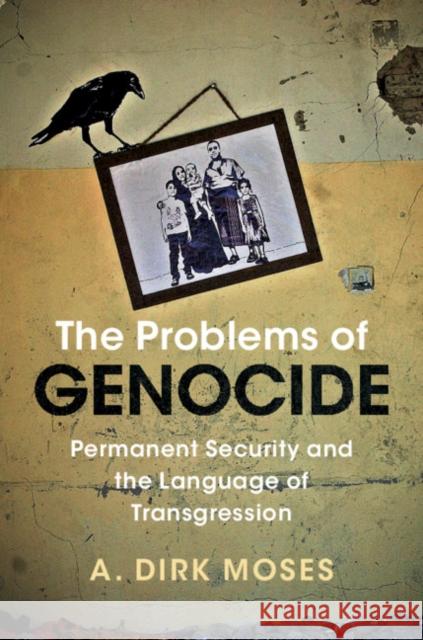The Problems of Genocide: Permanent Security and the Language of Transgression » książka
topmenu
The Problems of Genocide: Permanent Security and the Language of Transgression
ISBN-13: 9781107103580 / Angielski / Twarda / 2021 / 610 str.
The Problems of Genocide: Permanent Security and the Language of Transgression
ISBN-13: 9781107103580 / Angielski / Twarda / 2021 / 610 str.
cena 464,72
(netto: 442,59 VAT: 5%)
Najniższa cena z 30 dni: 397,95
(netto: 442,59 VAT: 5%)
Najniższa cena z 30 dni: 397,95
Termin realizacji zamówienia:
ok. 16-18 dni roboczych.
ok. 16-18 dni roboczych.
Darmowa dostawa!
Historically delineates the problems of genocide as a concept in relation to rival categories of mass violence.











